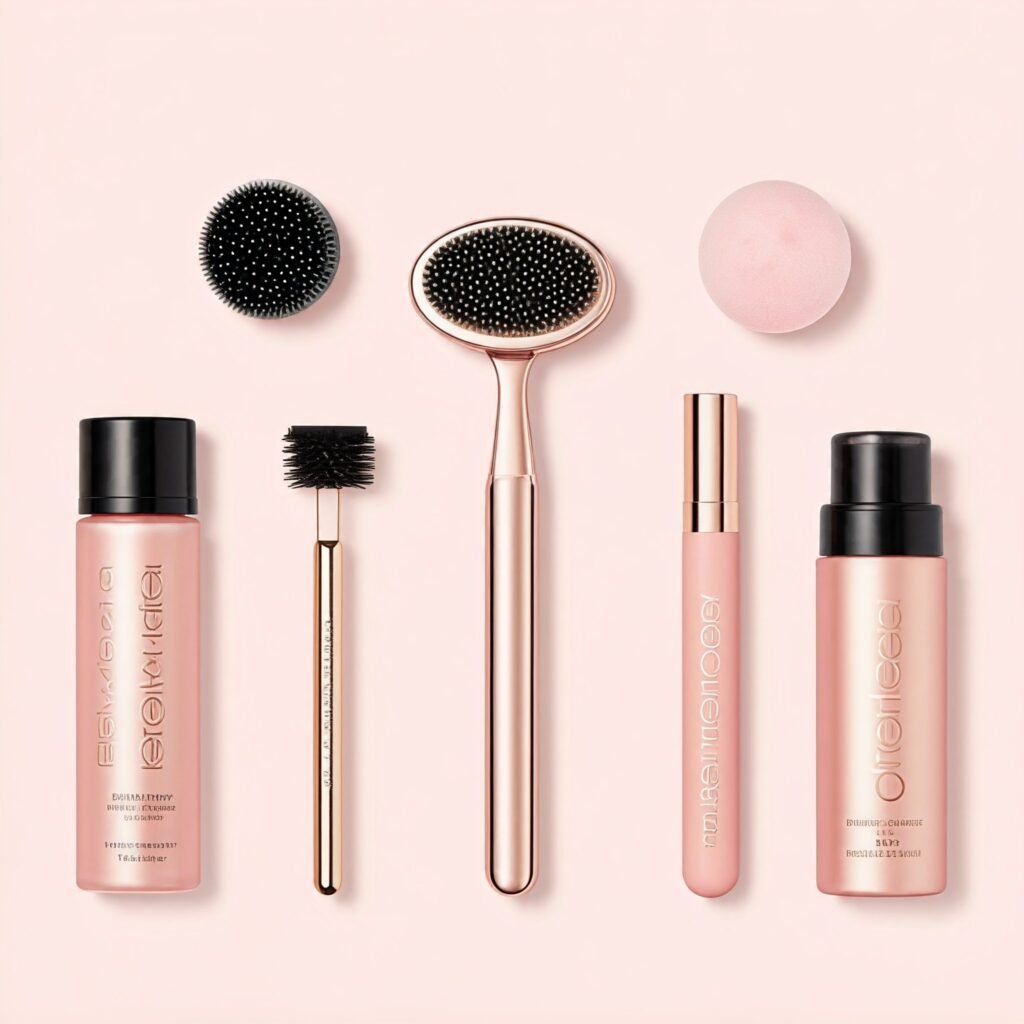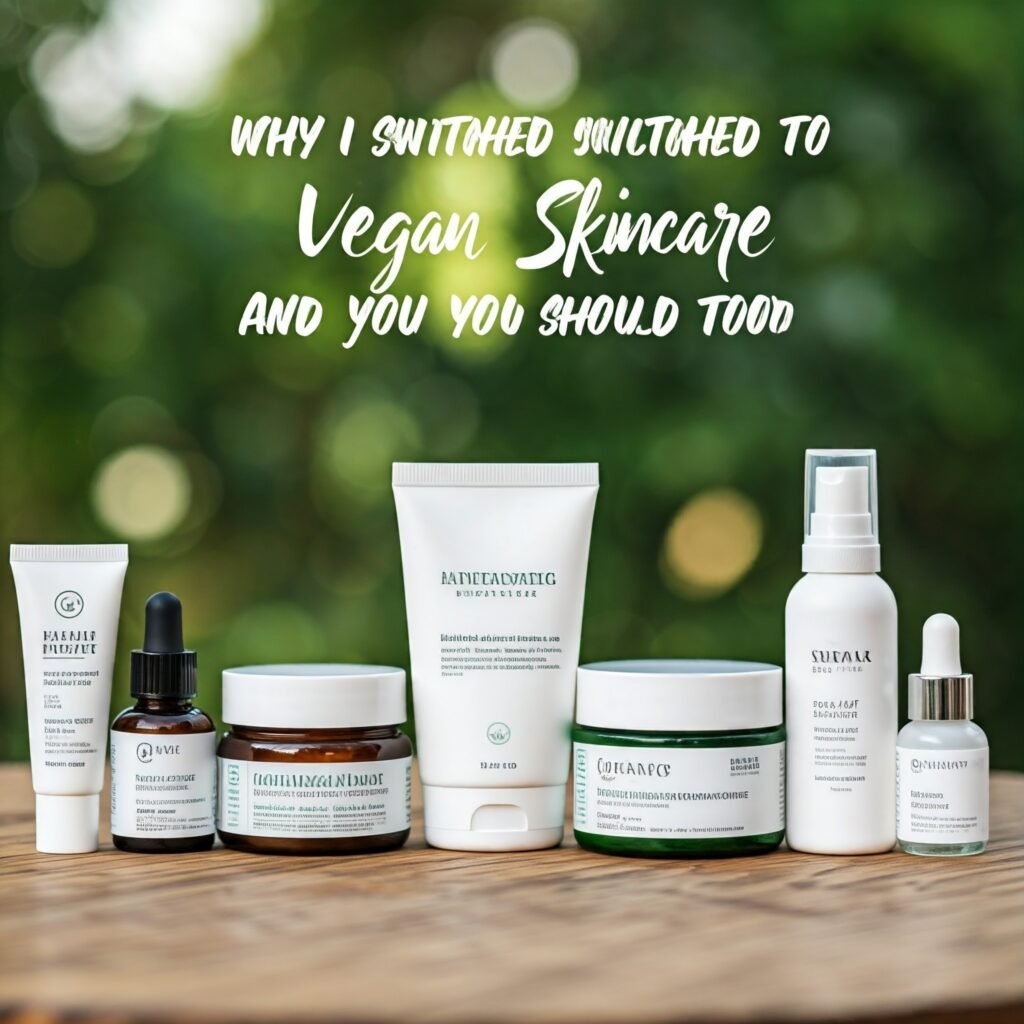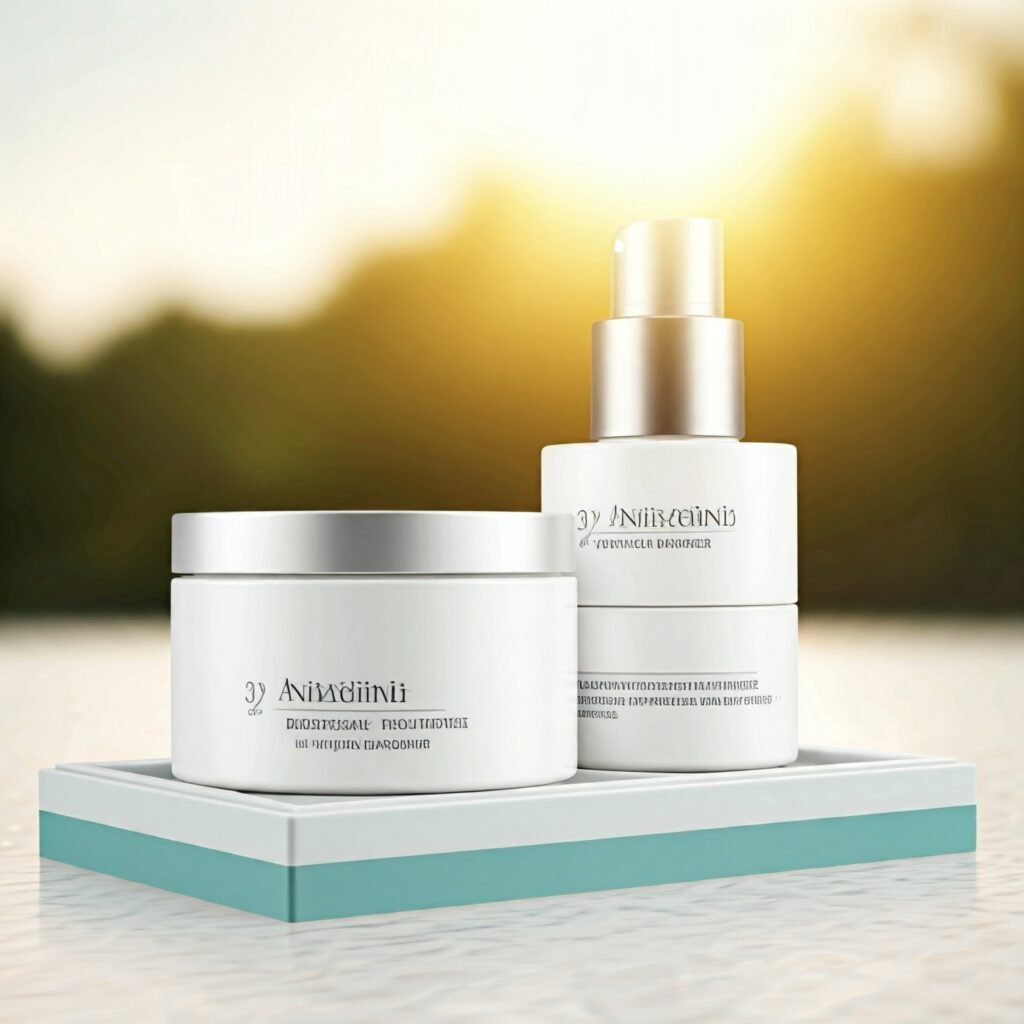
How to Build a Simple Skincare Routine for Sensitive Skin
Sensitive skin can be a challenge to manage Whether you’re dealing with redness, irritation or breakouts from using the wrong products, having a reliable skincare routine designed specifically for sensitive skin is crucial. But here’s the good news: a simple, effective routine can make a world of difference without overwhelming your skin.
In this post, we’ll guide you through creating a straightforward gentle skincare routine that keeps your sensitive skin calm, healthy, and glowing.
Understanding Sensitive Skin: What You Need to Know
Sensitive skin is often reactive to environmental factors, harsh products or even stress. People with sensitive skin may experience symptoms like redness, itching, dryness and stinging after using certain skincare products. This makes it crucial to choose products that are gentle, fragrance-free and formulated to soothe rather than irritate.
Step 1: Start with a Gentle Cleanser
Cleansing is the foundation of any skincare routine but it’s even more critical when you have sensitive skin. You want to use a cleanser that removes impurities without stripping your skin of its natural oils.
Recommended Product:
- Cetaphil Gentle Skin Cleanser – This classic, non-foaming cleanser is perfect for sensitive skin. It’s soap-free, non-irritating and maintains the skin’s natural pH balance.
How to Use:
- Use lukewarm water (avoid hot water which can aggravate sensitive skin).
- Gently massage a small amount of cleanser onto damp skin then rinse thoroughly.
Step 2: Use a Soothing Toner (Optional)
Toners are often skipped but if your skin can tolerate them they can help remove residual impurities and prep your skin for the next steps. Choose an alcohol-free toner that’s designed for sensitive skin.
Recommended Product:
- Thayers Alcohol-Free Rose Petal Witch Hazel Toner – This toner soothes and hydrates while being free from harsh ingredients.
How to Use:
- After cleansing, gently pat the toner onto your face with your hands or apply it using a cotton pad.
Step 3: Apply a Lightweight, Hydrating Serum
When choosing a serum for sensitive skin, focus on calming and hydrating ingredients like hyaluronic acid and niacinamide. These ingredients help reduce inflammation, boost hydration and repair the skin barrier.
Recommended Product:
- La Roche-Posay Hyalu B5 Serum – Formulated with hyaluronic acid and Vitamin B5, this serum provides deep hydration and soothes irritation.
How to Use:
- Apply a few drops of the serum to your face after toning. Gently pat it into your skin until fully absorbed.
Step 4: Moisturize with a Barrier-Repairing Cream
A good moisturizer is essential to lock in hydration and protect sensitive skin from environmental stressors. Look for products that are free from fragrances, dyes and alcohol.
Recommended Product:
- CeraVe Moisturizing Cream – Packed with ceramides and hyaluronic acid, this cream helps restore your skin’s barrier and provides long-lasting hydration.
How to Use:
- Apply a generous amount to your face and neck after your serum has fully absorbed.
Step 5: Never Skip Sunscreen (Daytime Only)
Sunscreen is non-negotiable, especially if you have sensitive skin. Sun exposure can worsen redness and irritation, leading to long-term damage. Opt for a mineral-based sunscreen with zinc oxide or titanium dioxide as they are less likely to cause a reaction.
Recommended Product:
- EltaMD UV Clear Broad-Spectrum SPF 46 – This sunscreen is lightweight, non-comedogenic and perfect for sensitive skin prone to breakouts.
How to Use:
- Apply as the last step in your morning routine, at least 15 minutes before sun exposure. Reapply every two hours if you’re spending time outdoors.
Step 6: Treat Irritation with a Calming Mask (1-2 Times a Week)
If your skin is feeling extra sensitive, using a calming mask once or twice a week can help reduce redness and irritation. Look for masks that contain soothing ingredients like aloe vera, oatmeal or green tea extract.
Recommended Product:
- Avène Soothing Sheet Mask – This mask is enriched with Avène Thermal Spring Water to calm and hydrate irritated skin.
How to Use:
- Apply the mask after cleansing and leave it on for 10-15 minutes. Follow up with your regular serum and moisturizer.
Ingredients to Avoid if You Have Sensitive Skin
To keep your sensitive skin calm and irritation-free, steer clear of the following ingredients:
- Fragrances: Can cause irritation and allergic reactions.
- Alcohol: Dries out the skin and disrupts the skin barrier.
- Harsh exfoliants: Opt for gentle chemical exfoliants (like lactic acid) instead of physical scrubs.
- Essential oils: While natural, they can be too strong for sensitive skin.
Final Thoughts: Keep It Simple for Healthy, Calm Skin
Building a skincare routine for sensitive skin doesn’t have to be complicated. By using gentle, hydrating products and avoiding harsh ingredients, you can keep your skin healthy and irritation-free. Remember, less is more when it comes to sensitive skin—focus on quality over quantity.
With consistency and the right products, you can achieve a calm, glowing complexion that’s resilient to environmental stressors. Start implementing these tips today and give your sensitive skin the care it deserves!



